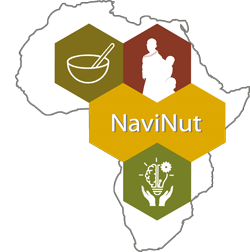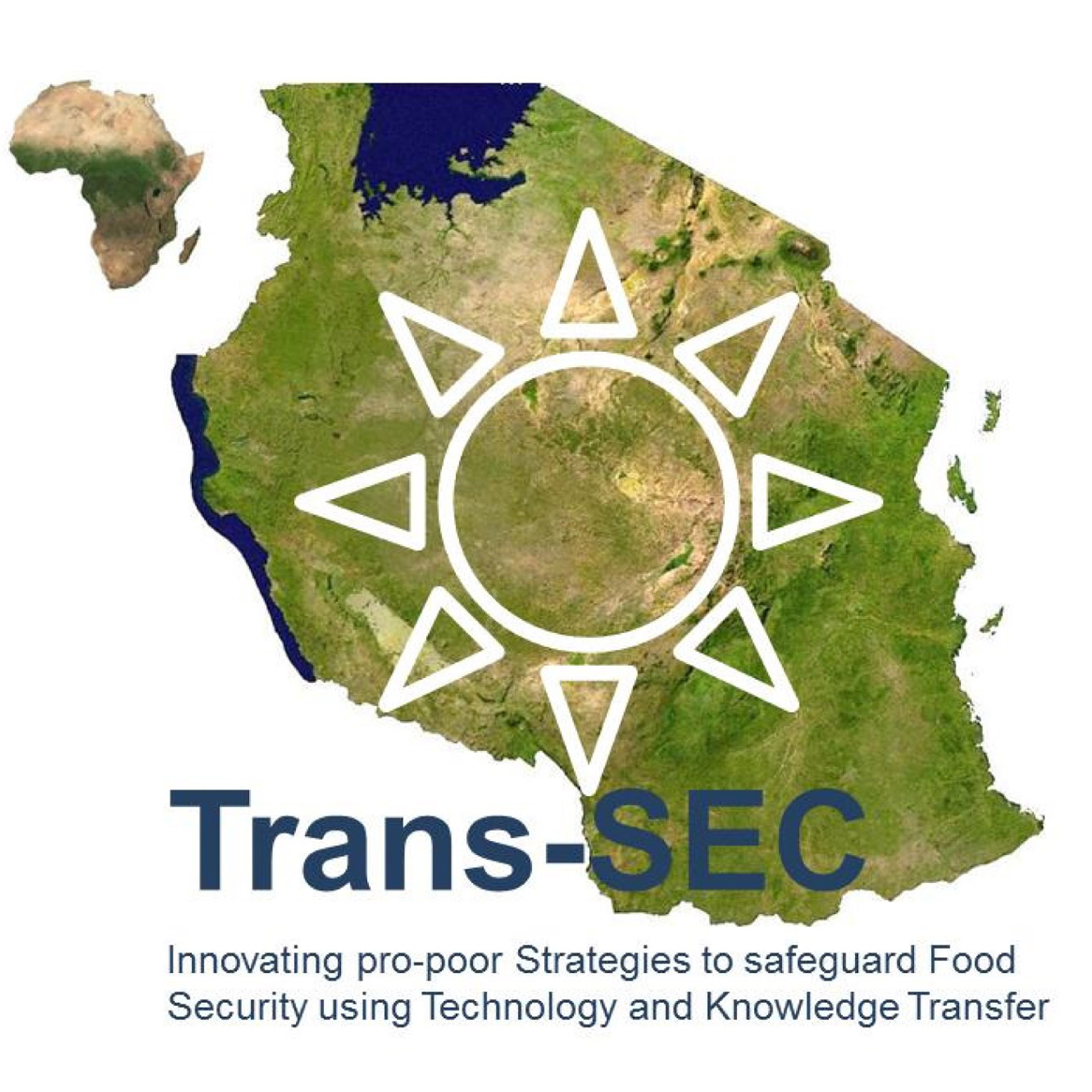Participatory video proposals: A tool for empowering farmer groups in rural innovation processes?
Journal of Rural Studies, 68, https://doi.org/10.1016/j.jrurstud.2019.02.022. (in press, corrected proof)While efforts are increasingly made to democratize research relationships, empower participants and include marginalised voices in agricultural research for development, it is acknowledged that power imbalances in knowledge creation remain integral to researcher-participant relations. Moreover, published results seldom report on the different dimensions that empowerment can encompass. This paper addresses this gap, presenting an original methodological approach for collaborating with smallholder farmers and developing an analytical framework to critically assess associated modalities of empowerment. With the intention of developing more democratic processes of knowledge production to support innovation processes, five smallholder farmer groups were invited to apply for action funds to co-develop innovations to enhance livelihoods. Employing participatory video (PV), groups applied for the grants using a ‘video proposal’. Group members collaboratively produced videos representing their problems, aims and innovation plans. Key findings around group empowerment are presented and reflected upon with regard to the different modalities of “power-to”, “power-with”, “power-within” and “power-over”. The PV proposal process proved to be a good tool for supporting farmer group capacity building and the development of competencies in relation to farmers' rural innovation projects. The process enhanced farmer groups’ “power-to” in terms of planning capacities. This fostered motivation for action and a sense of collective ownership; thus building “power-with” at the group level. The understanding of power mobilised in this paper enabled us to highlight some context-specific limitations to democratising research relationships and creating more inclusive spaces for participatory action research and rural innovation development. These are related to entrenched socio-cultural power dynamics within the groups and to possibilities to sustain the empowerment process beyond the duration of the project. Nevertheless, funding agencies and local rural development organisations could consider the method discussed in this paper as a valuable tool for assisting marginalised groups in accessing innovation funds.






 NaviNut
NaviNut





